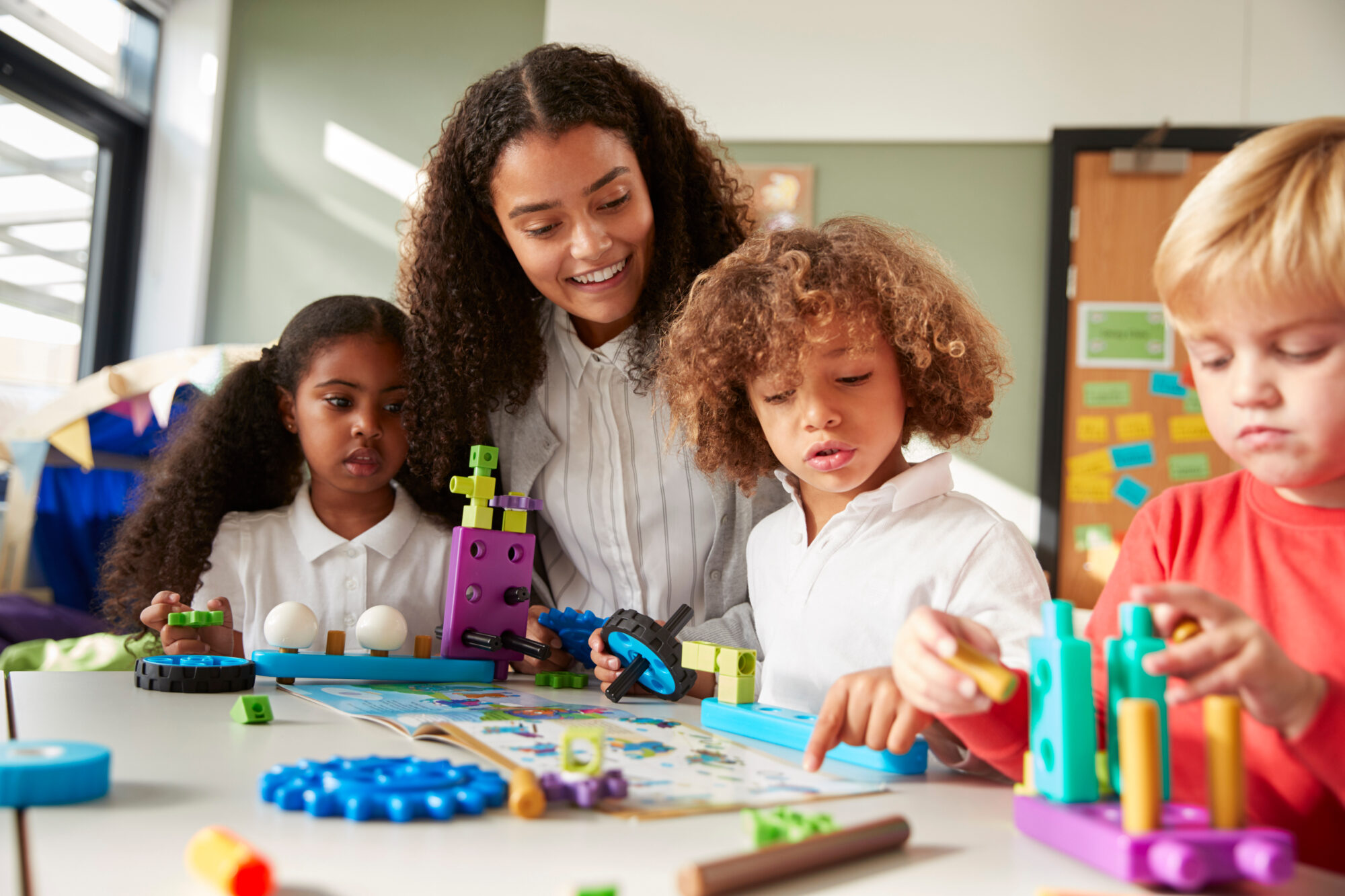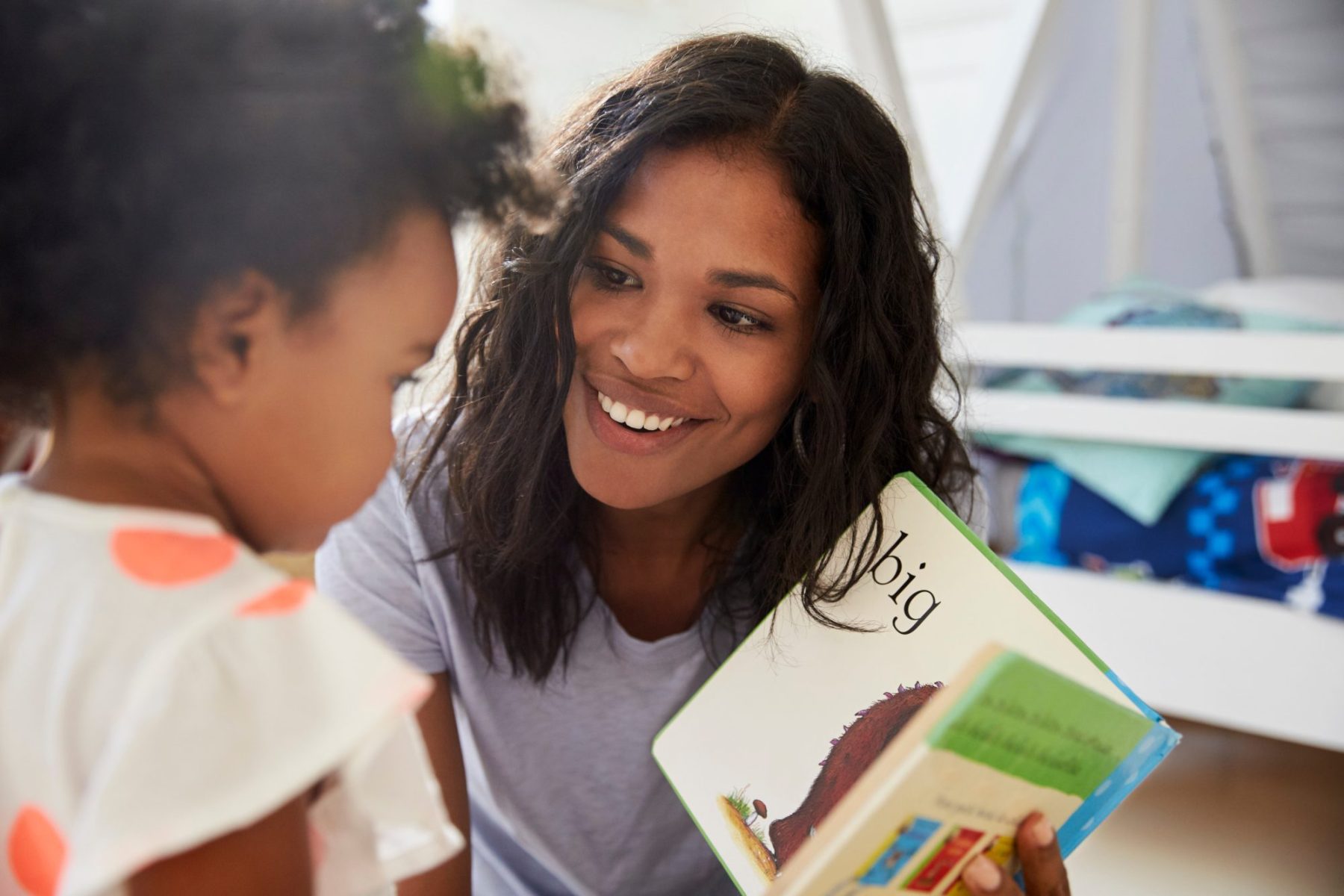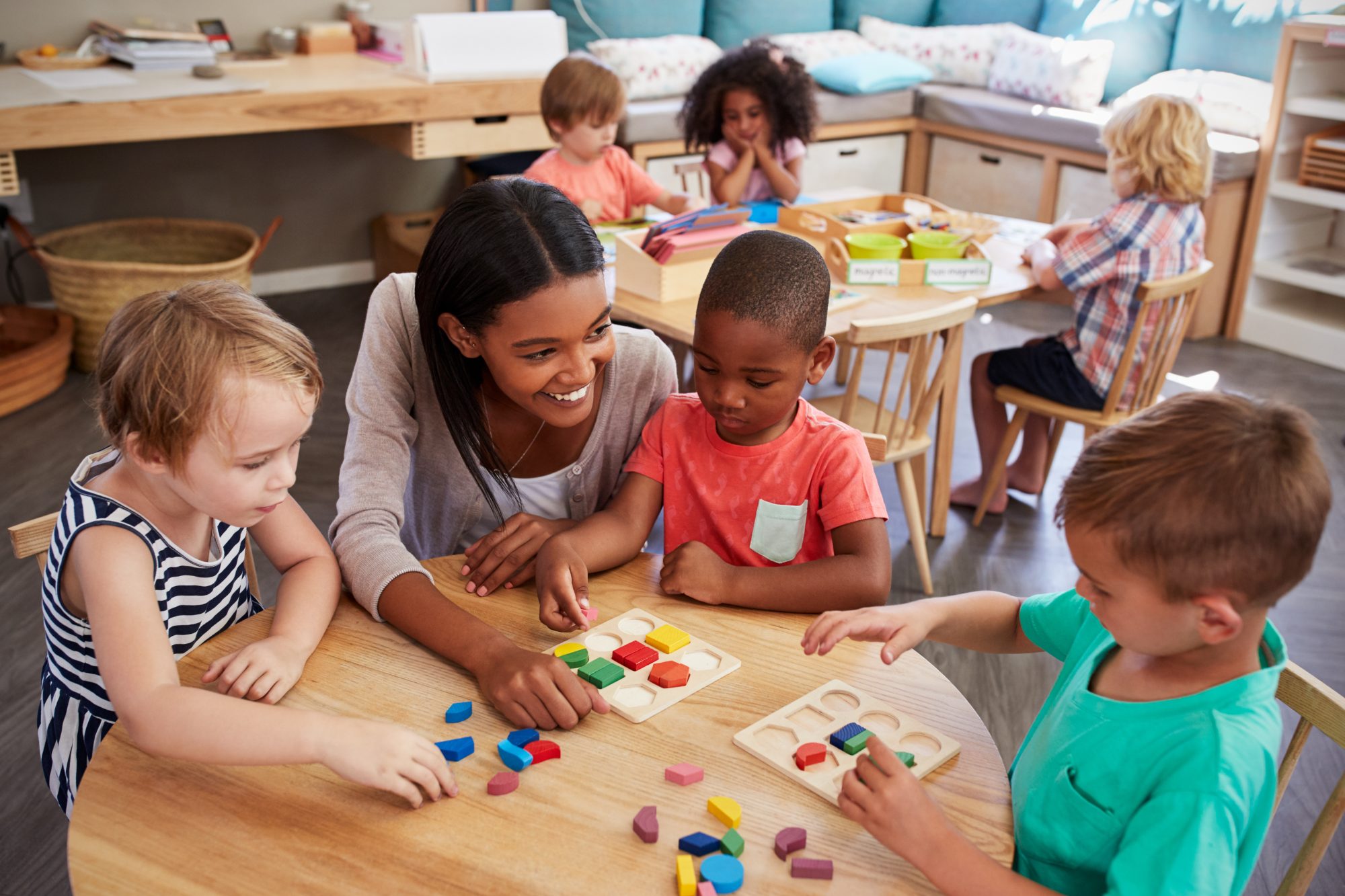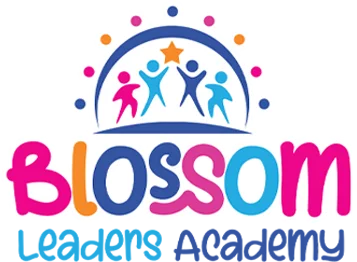Why is Play Important for Child Development?

In the bustling world of early childhood education, one principle remains constant: play is essential for child development. As a parent or guardian, it can be easy to overlook the value of play in a child’s growth and learning. However, understanding play’s role in a child’s development is critical to creating a nurturing environment for their overall well-being.
What is Play?
Before discussing why play is so important, it’s essential to define play. Play can be described as any enjoyable, voluntary, and spontaneous activity. It involves using imagination, creativity, and physical movement to engage in an activity simply for enjoyment rather than accomplishment. Play comes in many forms, ranging from imaginative play with toys to running around on a playground.
The Importance of Play in Child Development
Play is not just a frivolous activity that children engage in for fun. It is a vital part of their development and has numerous benefits, including physical, cognitive, social, and emotional growth. When children don’t partake in early childhood play, it can lead to health and behavioral issues later in life, including depression and isolation.
Cognitive Development
Play is crucial for cognitive development, as it allows children to use their problem-solving skills and think critically. Children learn to plan, organize, and strategize through play while developing their memory, attention span, and language skills.
Emotional Development
Play also plays a significant role in emotional development. Children explore how to express and regulate their feelings in a safe and controlled environment when they engage in play. Play allows them to explore and understand different feelings, which is essential for developing emotional intelligence.
Physical Health
Active play is vital for a child’s physical health, helping them build strength, coordination, and endurance. It also promotes a healthy lifestyle and reduces the risk of obesity and other health issues in later years.
Social Skills
Children learn to interact with others, negotiate, share, and take turns through play. These are essential skills for building strong relationships and functioning in society.
Nurturing Playful Learning
As an adult who cares for young children, you can shape their play experiences and provide a supportive environment for their learning. Here are some tips to keep in mind:
Encourage Exploration
Provide children with open-ended materials or opportunities for self-directed play, allowing them to freely explore and discover at their own pace.
Be Present and Engaged
Take an active role in play by joining in, asking questions, or simply observing. Your presence and engagement can enhance a child’s play experience and foster a deeper connection.
Allow for Unstructured Time
While structured activities have their place, allowing children unstructured time to play can promote creativity, imagination, and self-directed learning.
Blossom Leaders: A Curriculum Rooted in Play
Ultimately, play is not just a form of entertainment for children; it is a critical aspect of their development and learning. If you’re ready to make a positive impact in your children’s lives and support their development through the power of play, then Blossom Leaders Academy is the place for you. By choosing our curriculum, you’re not only providing your kids with the foundation they need for growth but also joining a community of caregivers committed to fostering a brighter future. Contact us today to schedule a tour and learn more about our play-based curriculum. Together, we can help children blossom into their full potential.
Providing Quality Education in
a Creative Environment
Mission
Statement / Purpose
Our mission is to create a stimulating, child-centered, active learning
environment that promotes each child’s social/emotional, physical,
and cognitive development, as well as to support the children’s desire
to be life-long learners.
We recognize and nurture a supportive partnership between work and
family life. We believe that the best environment of care comes from
the cooperation and resources of the family, the community, and the
childcare center. Our learning environment is based on best
practices, and we only employ experienced teachers with a passion
for furthering their education.
Safety Is Our Mission
State-Licensed Curriculums Set Your Child Up For Success
Get Involved In Your Child's Educational Adventure
More Posts You May Like
How Do I Teach My Young Child to Love Reading?
Early literacy is essential for a child's development, significantly enhancing their cognitive abilities, social skills, and emotional well-being. Unfortunately, the American Association of Pediatrics reports that 1 in 3 children enter kindergarten without the skills necessary to learn how to read. This underscores parents' vital…
How Does Early Education Benefit Children?
Many people have misconceptions about what early childhood education truly entails, leading to an incomplete understanding of its significance. Some may think it's just glorified babysitting or playtime, but in reality, early childhood education is a carefully designed program that supports your child's development in…
How Can I Help My Toddler Build Communication Skills?
Communication begins far earlier than we often realize. It's in the coos and babbles of an infant, the pointing at fascinating objects, and the shared gaze with anticipation. However, as a parent, the true milestones in communication hit with the toddler years, when language and…
Your Child’s
Learning Starts Here
Send us a message today: we can help.




